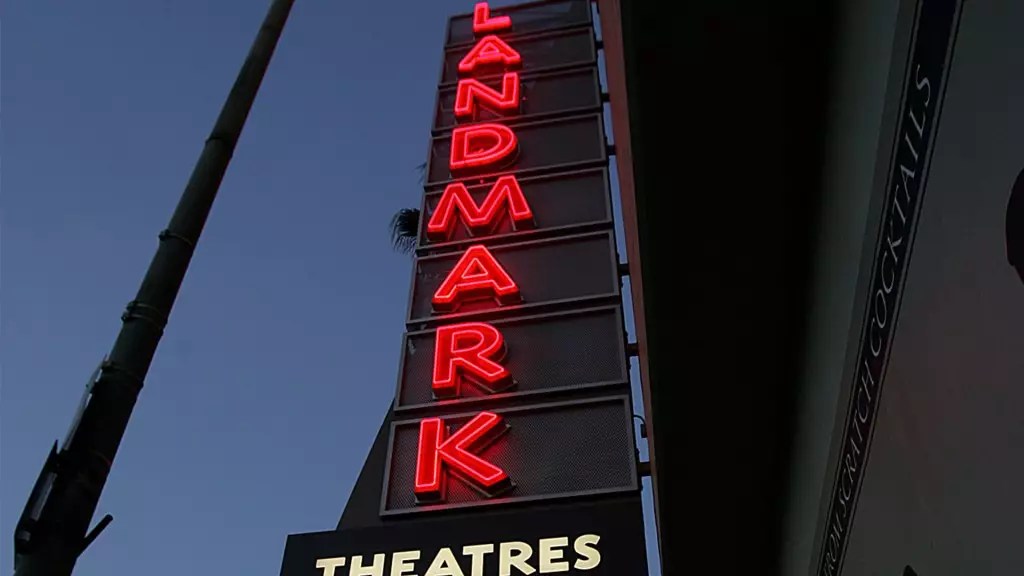In a significant legal ruling that strikes at the heart of New York’s real estate landscape, a Supreme Court judge has mandated that prominent real estate developer Charles Cohen may owe Fortress Credit Corp. a staggering $187.25 million. This obligation arises if a scheduled auction—set to include assets such as the much-talked-about Landmark Theatres—falls short of covering the outstanding debt that exceeds $500 million. The genesis of this dispute traces back to a loan granted in 2022, which has been a contentious point of debate for the better part of a year. Despite attempts to negotiate extensions throughout 2023, Fortress Credit, claiming that Cohen had defaulted, instigated legal action aimed at liquidating various properties connected to this loan.
The looming auction serves as a pivotal event not only for Cohen but also for the New York City real estate market. The properties at stake encompass not just the famed Landmark Theatres—historically a beacon for independent film lovers—but also a design center, an office tower, and a hotel. This broad spectrum of assets suggests a multifaceted approach to the financial strife Cohen faces. Judge Joel M. Cohen, presiding over the case, has set a date for this auction on November 8, which could potentially mark a watershed moment in New York real estate history, especially under the Uniform Commercial Code (UCC).
The judge’s recent ruling has far-reaching implications, particularly concerning Cohen’s $187.25 million loan guaranty, which has become a focal point in Fortress’s efforts to enforce their claim. In a decisive move, Judge Cohen denied Cohen’s attempts to dismiss the suit, stating that the guaranty was intended to secure repayments related to the massive principal amount of the original loan. This decision is viewed as reinforcing Fortress’s position as a creditor, allowing them to proceed with the auction regardless of the ongoing litigation and despite attempts by Cohen to invoke a preliminary injunction that would stall the proceedings.
Despite the tumultuous landscape, there remains a small glimmer of hope for a negotiated settlement between Cohen and Fortress. While no agreement has yet materialized and the judge moving the auction date into 2025 is unlikely, a reconciliation between the parties could still alter the trajectory of this high-stakes situation. Those close to the case indicate that an appeal may be on the table for Cohen, suggesting that the legal battle might not be over yet.
The fate of Landmark looming in the balance illustrates the fragility of real estate investments in unpredictable economic environments. Cohen’s acquisition of Landmark, made during a tumultuous phase for the exhibition industry—exacerbated by COVID-19 and subsequent Hollywood strikes—has turned into a cautionary tale about timing and market volatility in real estate. As the auction date approaches, the implications extend beyond Cohen’s individual circumstances, posing questions regarding the wider impact on New York’s vibrant real estate market.


Leave a Reply